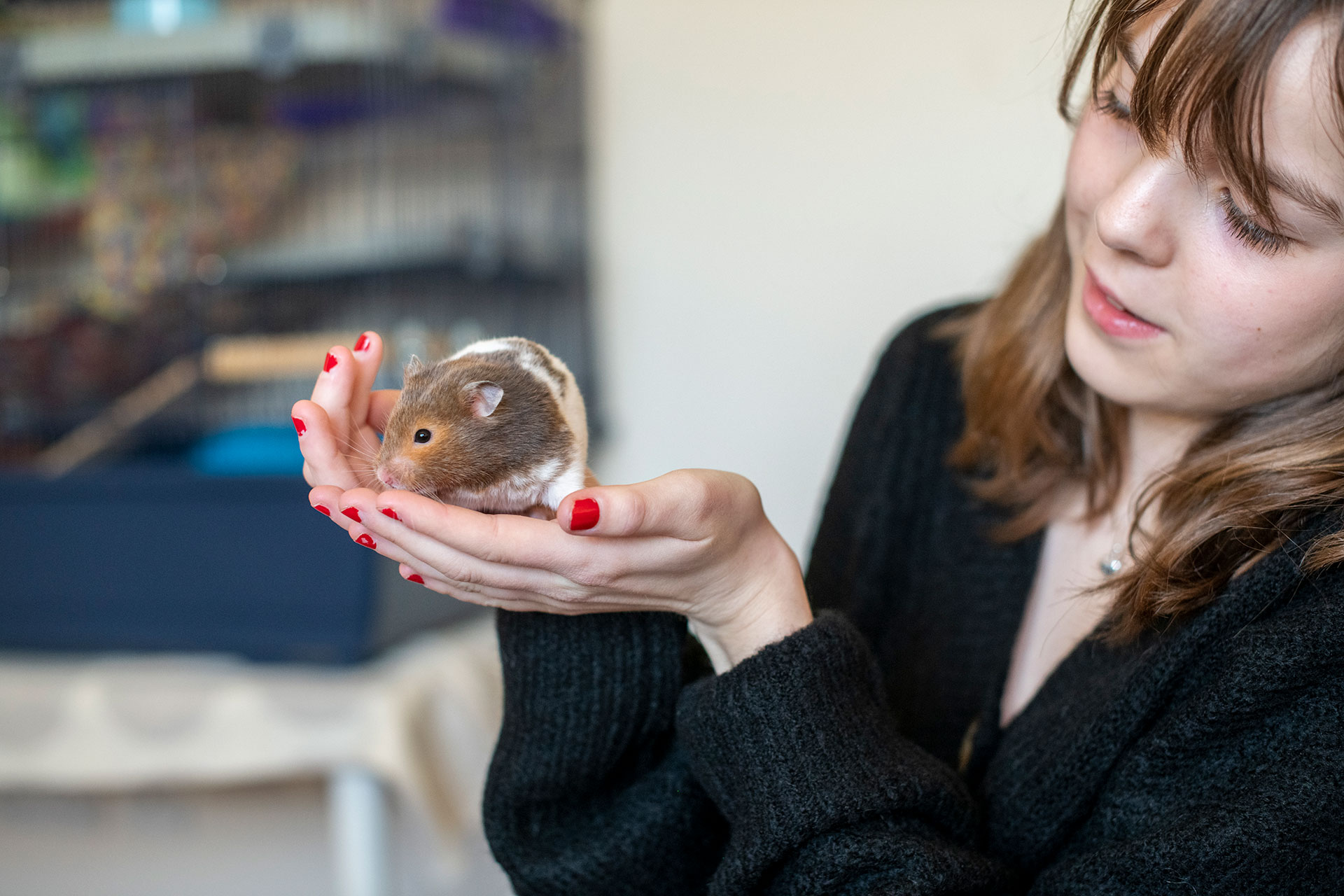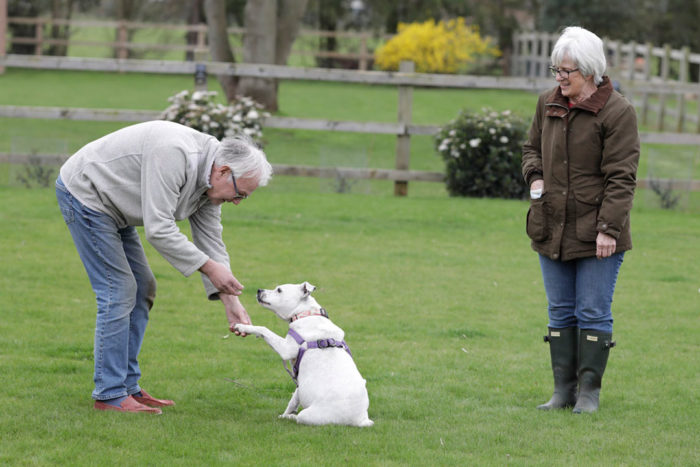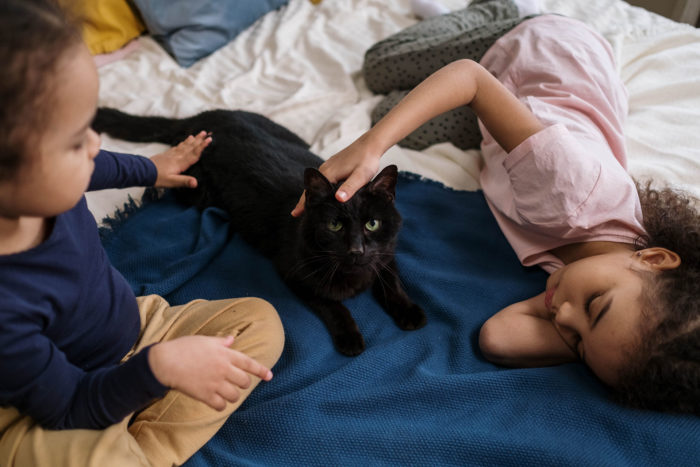This audience are driven to get a small animal by their children’s desire for a pet and their inability or reluctance to get either a cat or a dog.
They are busy families with both parents working full-time and children at school.
The purchase of their small pets is predominantly spontaneous, driven by visiting pet retailers and relying on this purchasing experience to provide them with the information, equipment and products that they need to look after their pets.

They see the pet owning experience as an opportunity to teach their kids about responsibility and nurture but underestimate the amount of time and resources needed to care for their pets and often find that the children do not take on the responsibility they had hoped for.
They will be naive to any potential health issues and reluctant to visit a vet when issues arrive because of the high costs associated and lack of insurance.
The welfare needs of small pets are poorly understood by society as a whole and this audience is no different, whilst they see themselves as animal loving they are less driven by this then our other audiences and generally charity plays a less significant role in their life because of their commitment to other things and stretched finances.
30-45
core age range
60%
female
70%
children under 18
80%
cohabiting
£25-£60k
average household income
60%
own house with mortgage
Most likely to live in urban areas.

30%
own a rabbit
25%
own a Guinea pig
20%
own a hamster
25%
own another pet
Where their pet is from
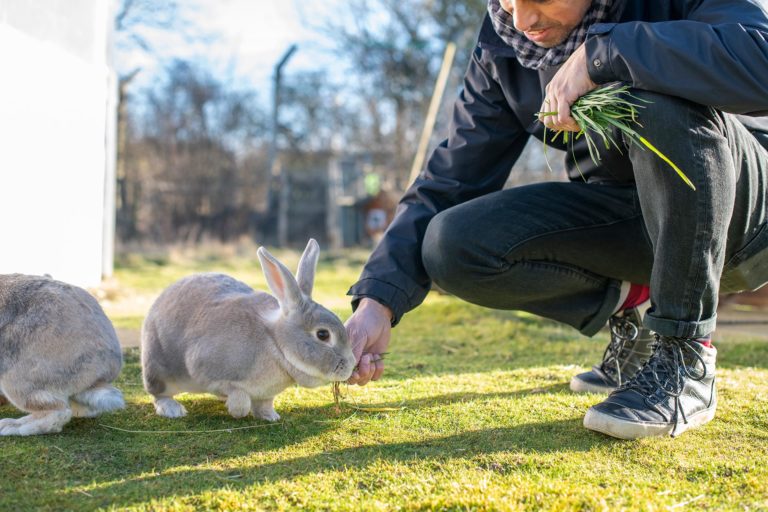
Pet relinquishment for this group will be driven by 3 main factors all linked with a lack of understanding and preparation in taking on these pets.
Key reasons
- Unplanned litters through owners accidentally housing missexed animals together
- Children losing interest in the pet
- Significant change in financial situation.

Acquiring their pet is often a spontaneous decision, with little research undertaken beforehand. With the majority of these pets being purchased through pet retailers, there can be issues with inaccurate information being passed on to them which results in inappropriate shelter, diet and companionship.
Because of the lack of understanding around small pet welfare needs, owners can be led to purchase inappropriate products for their pets.
Because there is less emotional investment with these pets then cats or dog, owners are unwilling to spend money on more expensive accommodation and diets
Parents find that they need to police their child’s involvement with their pet and that the responsibility for looking after them falls on their shoulders.
For the more committed pet owners in this audience there is conflicting and confusing information around what diet to provide.
This audience are less likely to adopt a small pet due to the complexity and delay of the process.

- The main sources of advice are from the pet retailers when they purchase their pets.
- Proactive information seeking is limited and will tend to be focused on online searches around diet and practicalities as opposed to behavioural needs.
- When they do seek advice it’s likely to come from animal welfare organisation websites driven by Google Adwords and SEO.
Health specific
- They are more reluctant to engage with their vets for fear of costs and doubt that treatment will be effective.
This audience is unlikely to be engaging with Woodgreen.
% of your current supporter base this audience makes up
% of your pet rehomer applications this audience make up
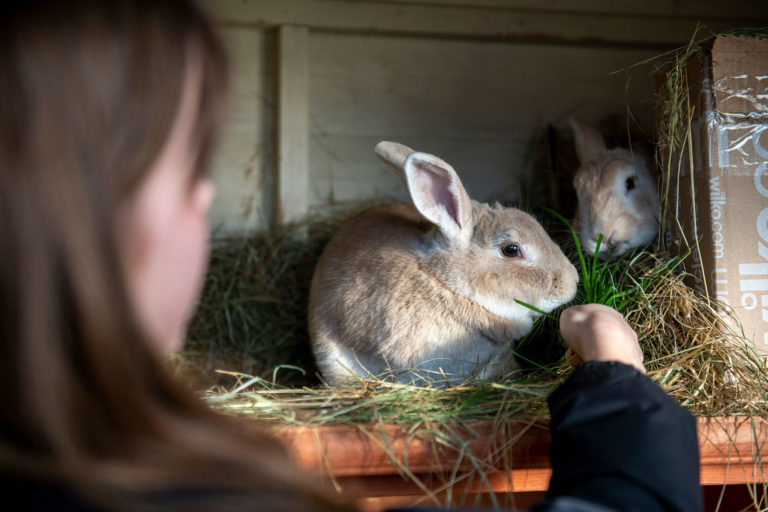
Whilst they are not as engaged with their small pets welfare there is still a proportion of this group that consider themselves animal lovers and will support the big animal charities.
Supporting charities is not one of their key priorties, so any charitable giving will be driven by supporting organisations that have had a very personal impact on them, and giving in a way that brings them some personal benefit whether that be through an experience or the feeling they are building a relationship with the charity and can see their impact.
30% have supported an animal welfare charity in some way.
Top animal charities supported: RSPCA and Dogs Trust.
- On demand TV services
- Through partnerships with pet retailers
- Through their children
- Word of mouth through family, vets and trusted professionals
- Product education for what their small pet needs.
- Information around welfare, diet and health issues.
- Value exchange products or donations.
- Instagram – reels, carousels, statics, Insta Stories.
- Facebook – carousels, multi-images, statics, video polls.
- LinkedIn – multi-images, statics.
- Value exchange products
- Family events
- Fundraising through Facebook
- Sponsorship products
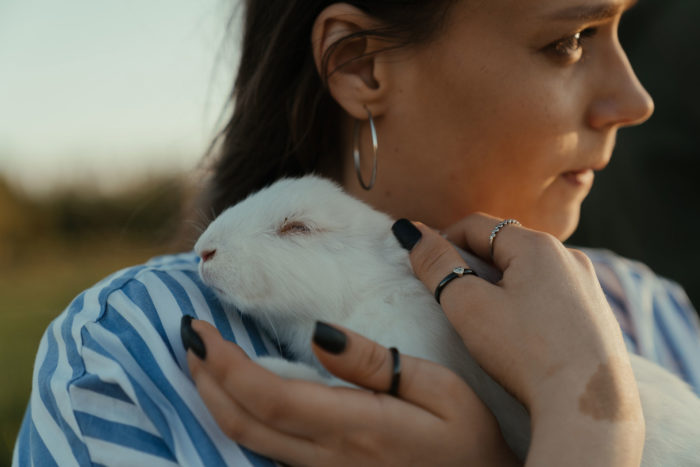
Meet Jen
40 year old, rabbit owner
Download Jen's portraitEngage their children
Help them teach their children to be responsible pet owners. Consider how to make children aware of their small pets behavioural needs and what it take to have a happy pet. Create fundraising and commercial products targeted at pet loving children and their parents.
Be there for the practical stuff
Become the go to resource for small pet advice, consider how to target the most popular search terms, provide information in engaging formats and consider how to partner with pet retailers to extend your reach.

-
Knowledgeable
-
Inclusive
-
Understanding

